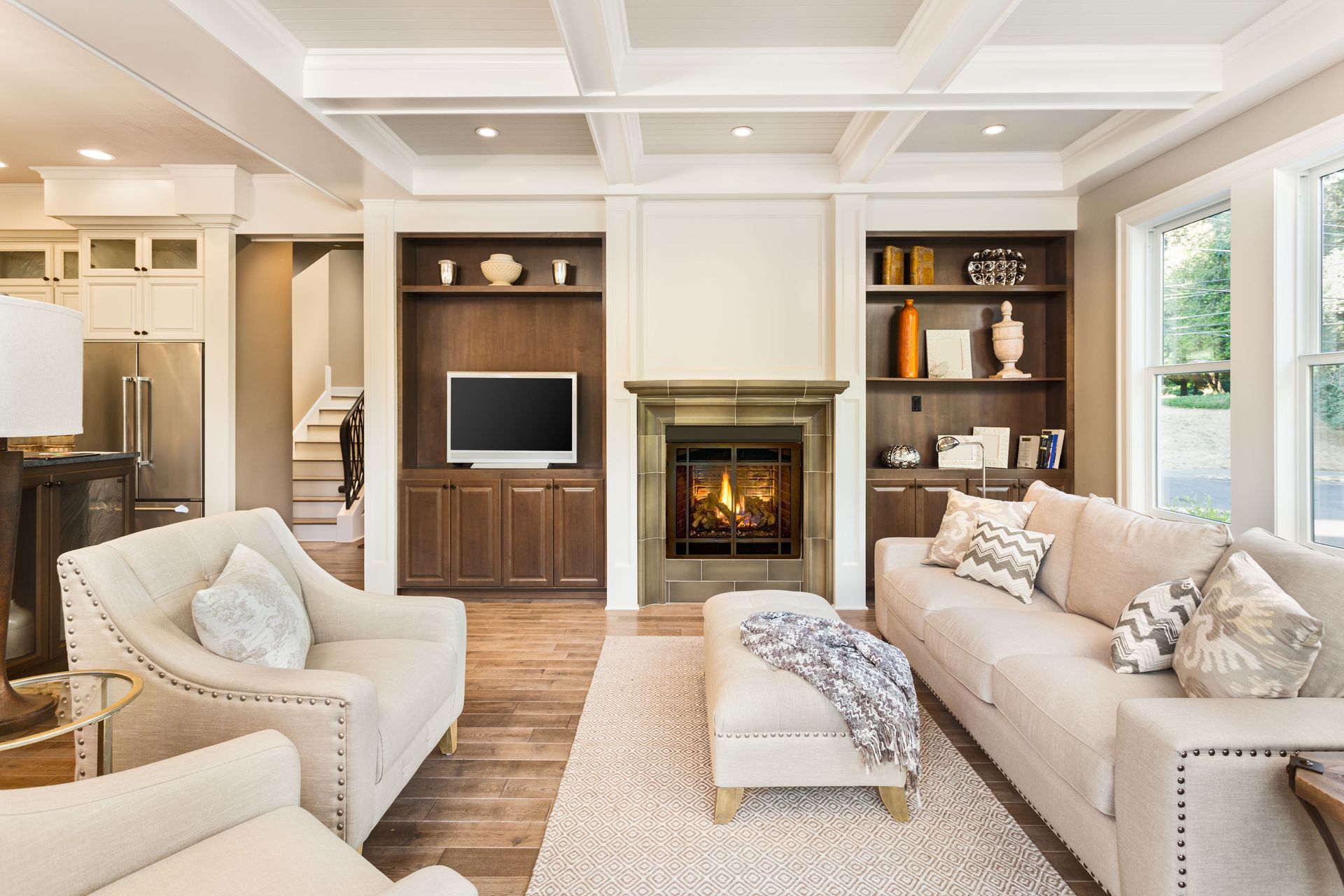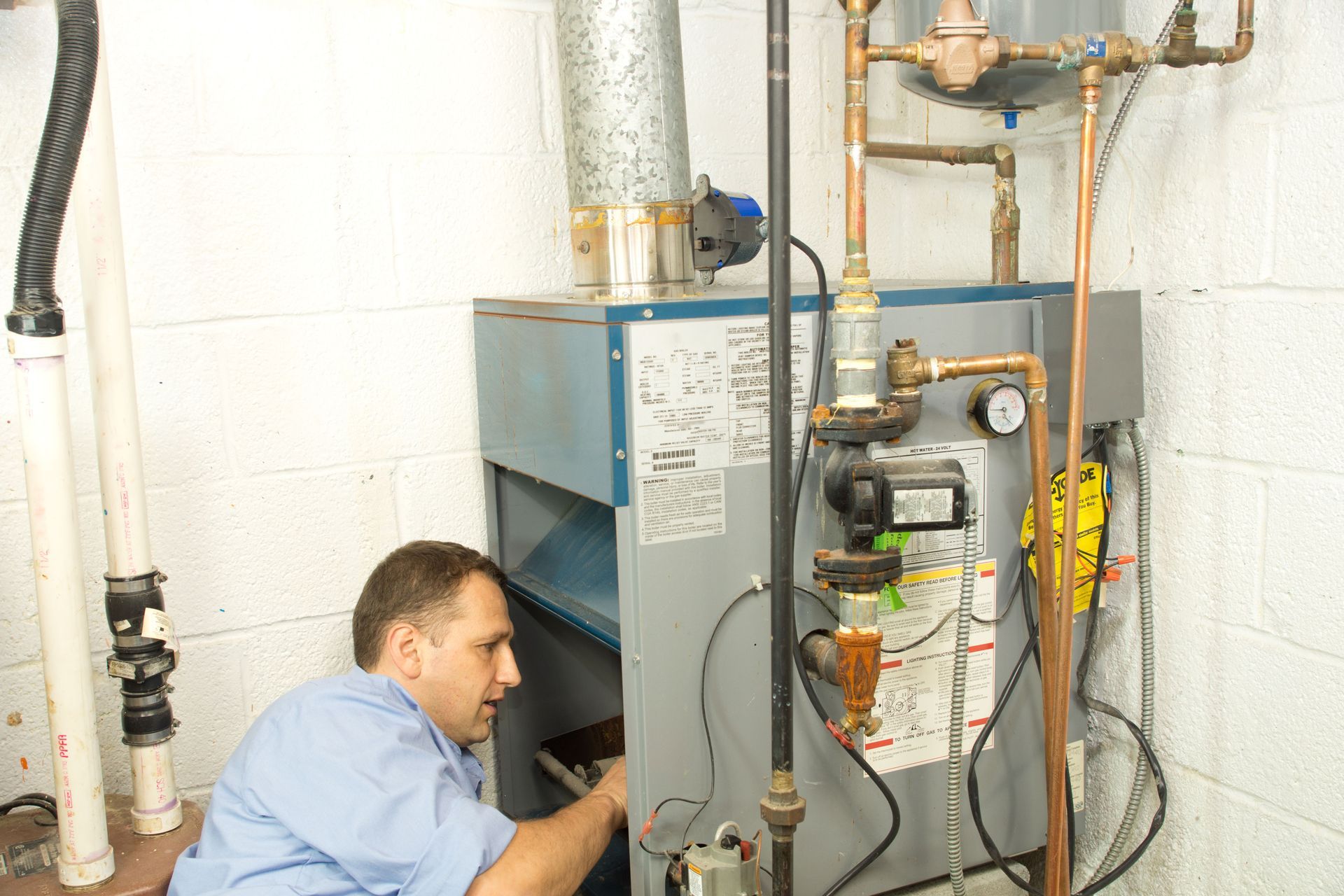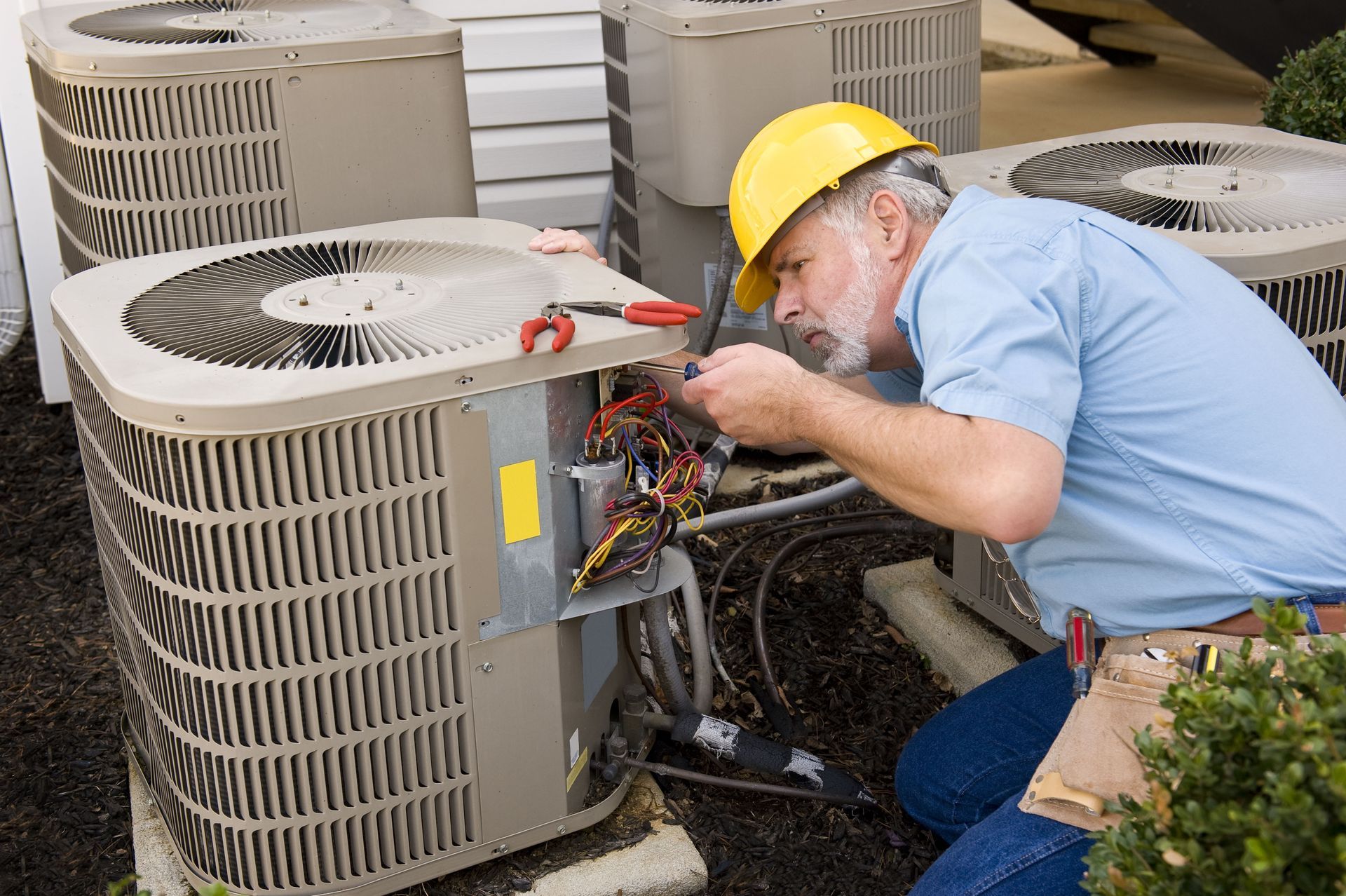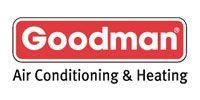How Your HVAC System Impacts Indoor Air Quality
Your home is meant to be a safe, comfortable place, but the quality of the air you breathe indoors can significantly impact your health and well-being. Many people overlook the role that their HVAC system plays in maintaining indoor air quality (IAQ). While HVAC systems provide comfort by regulating temperature, they also influence air cleanliness, humidity levels, and circulation. Let's explore how local HVAC companies impact indoor air quality and offer tips for maintaining a healthier home environment.
Understanding Indoor Air Quality
Indoor air quality refers to the condition of the air inside your home or building and how it affects your health. Poor indoor air quality can result from dust, pollen, mold, bacteria, chemicals, and even gases such as carbon monoxide or radon. Symptoms of poor air quality include allergies, respiratory issues, headaches, fatigue, and irritation of the eyes, nose, or throat. While outdoor air pollution contributes to indoor air issues, much of the air we breathe at home comes directly from HVAC systems that circulate air throughout your living space.
The Role of HVAC Systems in Air Circulation
One of the primary functions of an HVAC system is to circulate air throughout your home. This circulation is vital for maintaining consistent temperatures, but it also directly impacts air quality. Airborne contaminants such as dust, pet dander, pollen, and mold spores can accumulate in ducts, filters, and vents if your system isn’t properly maintained. As your HVAC system distributes air, it can spread these pollutants to every corner of your home. Regular maintenance, cleaning of ducts, and replacing filters are essential to prevent the spread of these contaminants and to maintain healthy indoor air.
How HVAC Filters Affect Indoor Air Quality
Filters are the first line of defense in maintaining indoor air quality. HVAC systems rely on filters to trap airborne particles before they circulate throughout your home. The type and quality of filter you use can make a significant difference. Basic fiberglass filters may only capture larger particles, while high-efficiency particulate air (HEPA) filters can trap microscopic particles, including allergens and bacteria. Choosing the right filter and replacing it regularly with the help of local HVAC companies is crucial to ensuring your system is improving, rather than compromising, indoor air quality.
Humidity Control and Air Quality
Humidity levels play a critical role in indoor air quality, and your HVAC system helps manage this balance. Excess humidity can encourage the growth of mold, bacteria, and dust mites, which can exacerbate allergies and respiratory conditions. On the other hand, very low humidity can cause dry skin, irritation in the eyes and throat, and even increase susceptibility to colds and flu. HVAC systems equipped with humidifiers or dehumidifiers help maintain optimal indoor humidity, reducing health risks and improving comfort.
The Impact of Ventilation on Indoor Air Quality
Ventilation is essential for removing stale air and introducing fresh air into your home. HVAC systems with proper ventilation exchange indoor and outdoor air efficiently, helping to reduce pollutants, odors, and carbon dioxide levels. Poor ventilation can trap contaminants, creating pockets of polluted air. Modern HVAC systems may include energy recovery ventilators (ERVs) or heat recovery ventilators (HRVs) that bring in fresh air without sacrificing energy efficiency. With the assistance of local HVAC companies, properly ventilated homes not only improve air quality but also support overall health and comfort.
Signs That Your HVAC System Is Affecting Air Quality
It’s important to recognize the signs that your HVAC system might be compromising indoor air quality. Common indicators include:
- Frequent allergy or asthma flare-ups
- Unexplained odors, particularly moldy or musty smells
- Visible dust accumulation despite regular cleaning
- Increased condensation on windows or walls
- Uneven temperatures or poor airflow in certain rooms
If you notice any of these issues, it may be time to inspect your HVAC system, clean ducts, replace filters, or schedule professional maintenance with local HVAC companies.
The Role of HVAC Maintenance in Air Quality
Regular HVAC maintenance is critical for ensuring good indoor air quality. This includes inspecting and cleaning components, checking for leaks, and replacing filters on schedule. Professional technicians can also check for hidden issues such as mold growth inside ducts or malfunctioning humidifiers. By keeping your system in optimal condition, you reduce the risk of airborne contaminants circulating in your home, improve system efficiency, and extend the lifespan of your equipment. With three million HVAC units replaced each year, according to This Old House, maintenance conducted by local HVAC companies remains crucial.
Common Contaminants Found in HVAC Systems
HVAC systems can harbor a variety of contaminants if not properly maintained. Some of the most common include:
- Dust and Dust Mites: Accumulate in ducts, filters, and vents, causing allergic reactions.
- Pollen: Can enter through air intakes, exacerbating seasonal allergies.
- Mold and Mildew: Thrive in damp areas of HVAC systems, spreading spores throughout the home.
- Bacteria and Viruses: Can circulate through air, contributing to illness.
- Volatile Organic Compounds (VOCs): Released from building materials, cleaning products, and furnishings, affecting air quality.
Proper filtration, ventilation, and humidity control are key to minimizing these contaminants.
Upgrading Your HVAC System for Better Air Quality
If your HVAC system is outdated or inefficient, it may be compromising indoor air quality. Modern HVAC systems come with features designed to improve air cleanliness and circulation. For example, systems with advanced filtration, UV lights, and humidity control can remove more contaminants and prevent the growth of mold and bacteria. Additionally, energy-efficient systems are better at maintaining consistent temperatures and airflow, which indirectly supports healthier air. Consulting with local HVAC companies can help you identify upgrades that enhance both comfort and air quality.
The Connection Between Energy Efficiency and Air Quality
Energy-efficient HVAC systems not only save on utility costs but also help maintain better indoor air quality. Efficient systems provide consistent airflow, reduce moisture buildup, and maintain balanced ventilation. Poorly maintained or inefficient units may struggle to circulate air effectively, leading to stagnant, polluted air in your home. Investing in energy-efficient equipment and regular maintenance by local HVAC companies can improve indoor air quality while also reducing energy consumption.
Air Purification Systems and HVAC Integration
For those looking to take indoor air quality to the next level, integrating an air purification system with your HVAC unit can be a game-changer. Systems such as HEPA filters, UV-C lights, and ionization units work alongside your HVAC system to reduce allergens, bacteria, and viruses. Some whole-home air purifiers connect directly to your ductwork, ensuring that every room benefits from cleaner air. Pairing purification technology with regular maintenance ensures optimal air quality year-round.
The Health Benefits of a Well-Maintained HVAC System
A well-maintained HVAC system can have a significant impact on your health. Cleaner air reduces the risk of respiratory problems, allergies, and infections. Proper humidity levels prevent mold growth and skin irritation, while efficient airflow ensures that all rooms in your home maintain comfortable temperatures. Overall, investing in HVAC maintenance and upgrades is an investment in your family’s health and well-being.
Your HVAC system is more than a temperature control device; it's a critical component in maintaining indoor air quality. By understanding the relationship between your HVAC system and indoor air quality, you can take proactive steps to protect your health, improve comfort, and ensure your home remains a safe sanctuary for years to come. As one of the best local HVAC companies in the Kansas City, MO area, get in touch with our team at All 4 One Heating & Cooling today for a quick estimate!







Share On: